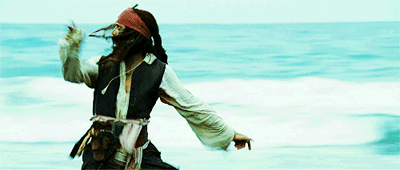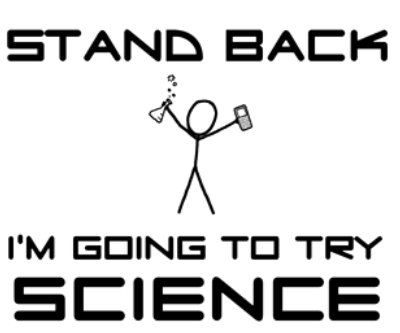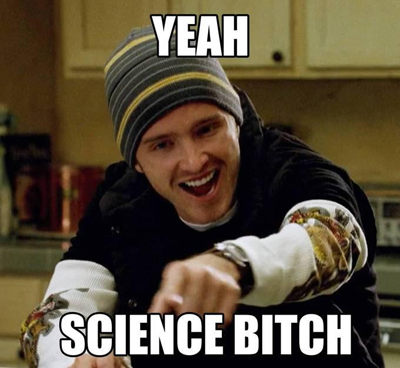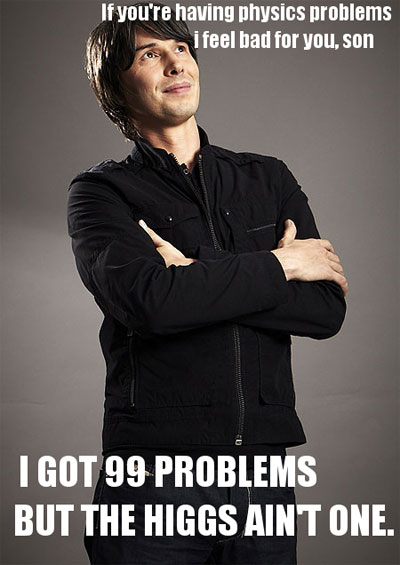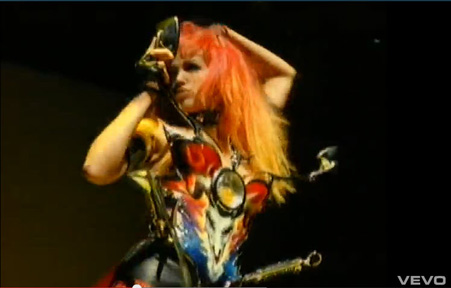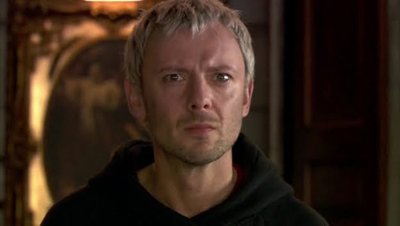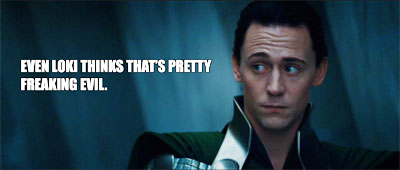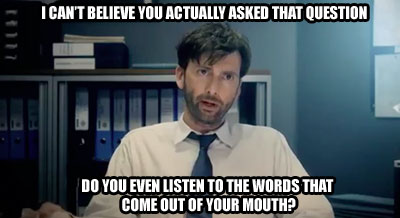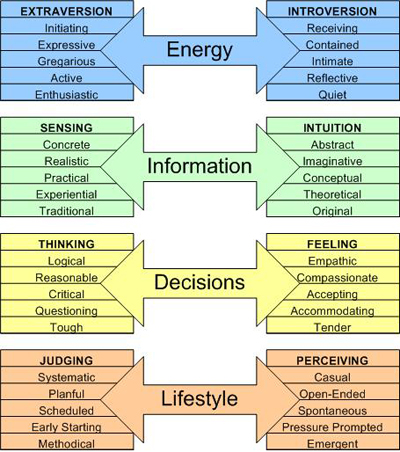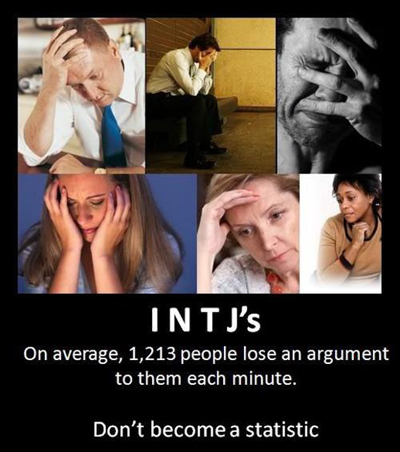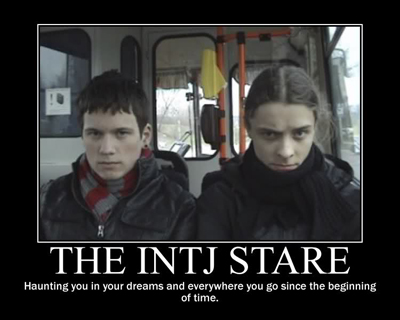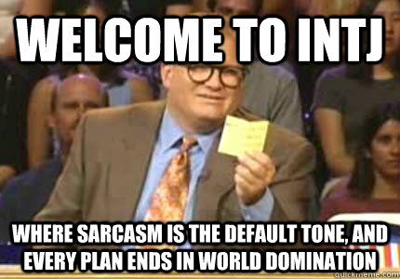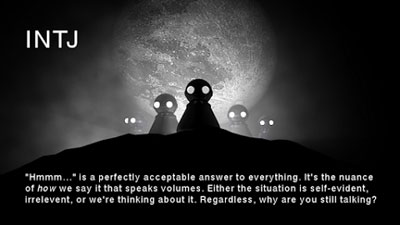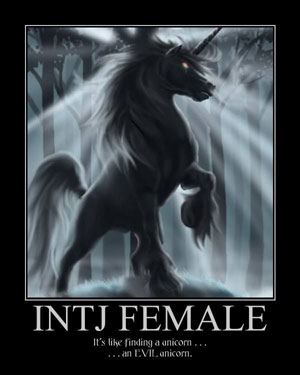…and why they all tend to die out in the end.
It’s an interesting fact in the history of biological life that the oldest form of life on Earth is the bacteria (and arguably the virus). Not just because they’re simple entities — amoeba are also fairly simple as are many members of the protist branch. It’s also interesting to note that bacteria, protists, and viruses from the Proterozoic Eon (roughly 2500 million years ago) of the are still around. They’re still happily doing their thing, sometimes killing vast swathes of plants and animals, without a care in the world. They’ll be here long after humanity has either turned to dust or departed for worlds unknown.
It’s amazing, when you think about it. These tiny, simple, mindless, invisible things have outlasted the dinosaurs. The KT impact was barely a blip on their radar. The Ice Age? Again, barely registered to them. They kept on keeping on. The dinosaurs had them beat on size, strength, teeth, defensive features (immune systems and thick hides and spikes!), could move around more, reproduce sexually, were more genetically diverse… and then along came a single hunk of rock and it was bye-bye dinosaurs while the little microscopic dudes kept on truckin’. The dinosaurs were the masters of their environment, true, but bacteria and viruses are the masters of adaptation. And, when it comes to long-term, long-scale, universal and planetary survival, adaptation is the key trait if you’re going to be more than just a bit player in the grand game of life.
Humanity has been fighting an on-going war with some members of these groups forever. We have an immune system that fights them and we also use plants to try to counteract them and have done since we figured out we could do that way back during the prehistoric era. It’s been a long-running fight and in all that time, we’ve managed to eradicate one of them. Small pox. The rest are still merrily going about their way. Some of them we need. Some of them kill us. Some of them we are trying to eradicate and can’t even with all our technology, all our grand colossi and skyscrapers, all our golems and governments. And, compared to the dinosaurs, we’re easy prey. I mean, we don’t have big sharp teeth, scaly hides, powerful muscles, we’re not the size of the brontosaurus or the T-Rex. We don’t have the armor plating of the Triceratops or the stegosaurus. We couldn’t outrun a velociraptor if we wanted to.
However, like the viruses and bacteria, we’re great at adaptation and we’re capable of breaking off into small groups. We can mix traits on multiple levels — not just genetic but memetic — and see what works. It’s when we try to be like the dinosaurs that things get bad for us. Yes, we can gather into large groups and become like a tsunami sometimes and sometimes that’s good — think things like food drives, building houses for the homeless, SETI@home, KickStarter — but notice that all of those things are voluntary. They’re also all temporary efforts. No one joins in every KickStarter campaign or builds every house. And, tribes banding together in a common effort isn’t always a bad thing — look at the success the United States and the entire Anglosphere has enjoyed over the past few centuries. But, if we’re not left with room to adapt inside those structures, it’ll all go wonky.
The problem in recent history has been that some parts of human society want us to be more colossal and monolithic because they believe that’s the only way to progress. I’m specifically thinking of the left-wing “progressives” who want to grant the government the power to regulate just about every aspect of life — economic, social, education, cultural, philosophical — to mandate certain outcomes they deem “fair.” However, doing that has always bred the ability to adapt to sudden change right out of the people and the society. Just look at what happened to the Soviet Union and to Eastern Europe. Look at what’s happening in all of the South American and Latin American countries that embraced socialism and communism and their five-year plans. Just look at Cuba and North Korea. Look at the Middle East and most of the African nations. Look at most of Europe that’s embraced socialism. When changes happen, they can’t cope. Birth rates fall — they cannot adapt to the new reality. In Europe, they imported new generations to replenish their falling population rates but could not adapt to the changes that brought and still can’t handle it — look at the riots, the carbeques that are just a fact of life there, the zones sensibles around Paris, the re-emergence of a new underclass and caste system that may be socially and culturally permanent since there’s no way for the French, the Germans, the Britons, or the Swedes to change how “French,” “German,” “British,” or “Swedish,” is defined or how someone can become a member of those tribes other than by birth. The Industrial Revolution ended and was replaced by the paradigm-shifting Digital revolution and these nations cannot adapt.
Industries are having problems as well. The publishing world got hit by the KT impact of Amazon and the Internet just like the movie and music industries and since they’re all populated by rather monolithic corporations who have a lot vested in the status quo ante, they not only don’t want to adapt, but they may not be able to. The Big Five may die entirely just like the dinosaurs did because, while Amazon is a large beast, it’s more like a large colony of bacteria and less like a brontosaurus. If one part of Amazon fails, it won’t bring down the whole thing. Amazon is acing the adaptation thing while the Big Five not only are failing at it but, given some of Tor’s senior management’s recent behavior, they’re doing everything they can to destroy their own food supplies and water sources.
Hell, the United States is having trouble dealing with the chaos that the Digital Revolution has wrought and we’re probably the most flexible and adaptable nation and society on the planet. The genius of the Founders guaranteed that. Which is why I have a really hard time wrapping my head around the idea that we should be like the rest of the world and become more rigid and inflexible. Do we have our problems? Yes. Do we have our imperfections — of course! Are there inequalities? Without a doubt. Is it better to have those problems than to be unable to deal with changes in reality? Is it better to be a bacteria or a dinosaur?
I say it’s better to be a bacteria. I say it’s better to be something that can adapt quickly and rapidly even if that means that there’s going to be a lot of inequality and imperfection and problems because it means at least you’re alive to deal with them instead of being extinct the first time a big rock comes your way. After all, if you’re alive, you can work to try to minimize those inequalities — for instance, make it illegal to discriminate against people based on things like race, religion, orientation, gender, political philosophy; make it so that society and economics is more of a meritocracy. If you’re dead… well, there’s really not much you can do (other than vote Democrat, of course).
— G.K.













